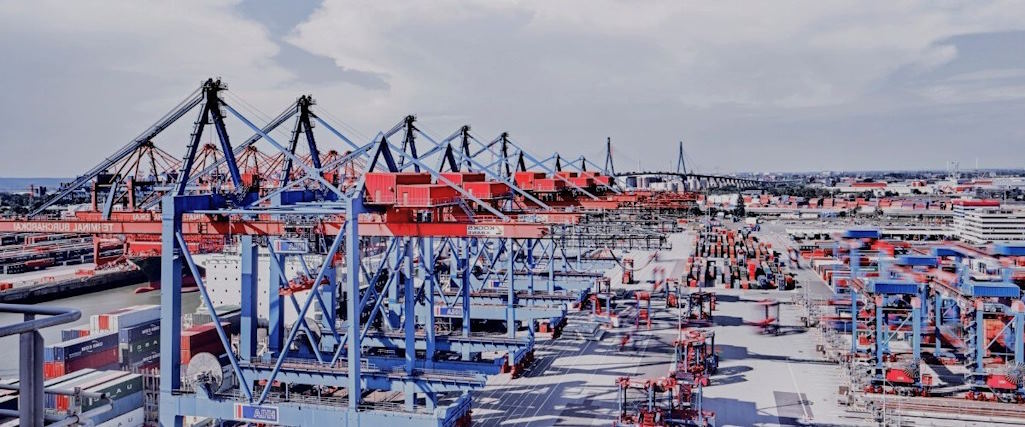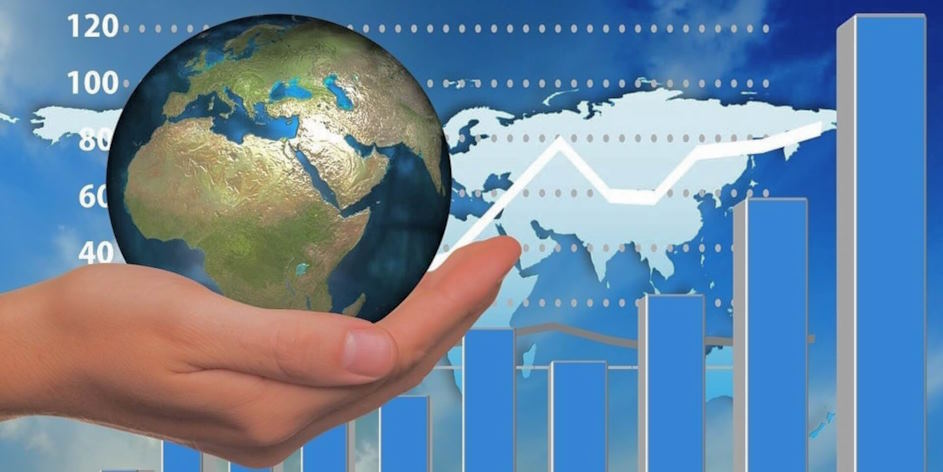Ancient and Pre-Modern Periods (Before 16th Century)
Agrarian Economies
The earliest human societies were rural, relying on subsistence farming and barter trade.
Early Trade
As civilizations developed, trade networks emerged, connecting regions such as the Silk Road and trans-Saharan routes.
Emergence of Empires
Powerful empires like the Roman Empire and the Han Dynasty facilitated trade and economic prosperity within their realms.
16th to 18th Centuries (Age of Exploration and Colonization)
Colonialism
European powers embarked on exploration and colonization, establishing vast empires. This period saw the exploitation of colonies for resources and the beginnings of global trade.
Mercantilism
Governments adopted mercantilist policies, focusing on accumulating wealth through exports and colonial trade.
19th Century (Industrial Revolution and Capitalism)
Industrial Revolution
The Industrial Revolution, beginning in Britain, brought mechanization and urbanization, transforming economies from agricultural to industrial.
Emergence of Capitalism
Capitalism became the dominant economic system characterized by private ownership, free markets, and entrepreneurship.
20th Century (World Wars and Economic Transformation)
World Wars
The 20th Century witnessed two devastating world wars that reshaped the global economic landscape.
Post-War Reconstruction
The Marshall Plan helped Europe rebuild after World War II, and the Bretton Woods Conference established a new international monetary system.

Decolonization
Former colonies gained independence, reshaping global trade patterns.
Globalization
Technology and transportation advancements fueled globalization, connecting economies and cultures worldwide.
Late 20th Century to Present (Information Age and Economic Challenges)
Information Age
The digital revolution and the rise of the internet led to the Information Age, transforming industries and creating a knowledge-based economy.
Financial Crises
The late 20th and early 21st centuries saw financial crises, including the Asian financial crisis, the dot-com bubble, and the global financial crisis 2008.
Emerging Economies
China, India, and Brazil experienced rapid growth, shifting the global economic center of gravity.
Sustainability
Environmental concerns and sustainable development gained prominence as challenges like climate change became critical issues.
COVID-19 Pandemic
The COVID-19 pandemic profoundly impacted the global economy, leading to recessions and accelerating digital transformations.
21st Century (Technology and Sustainable Development)
Digital Transformation
Technology, including artificial intelligence, blockchain, and automation, continues to reshape industries and workforces.
Sustainable Development Goals (SDGs)
The United Nations aims to address global challenges, including poverty, inequality, and climate change.
Renewable Energy
The shift toward renewable energy sources like solar and wind power is a significant development in sustainable economic growth.






 Brian L. Gade is Professor of Economics at the Stanford University, Stanford, CA
Brian L. Gade is Professor of Economics at the Stanford University, Stanford, CA James M. Holman is Professor of Public Affairs and Economics at the Baltimore, MD
James M. Holman is Professor of Public Affairs and Economics at the Baltimore, MD